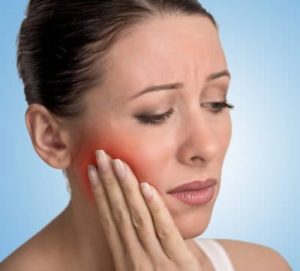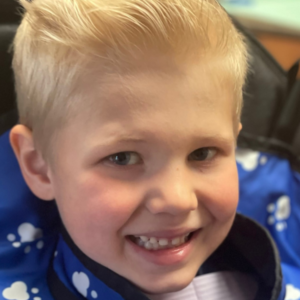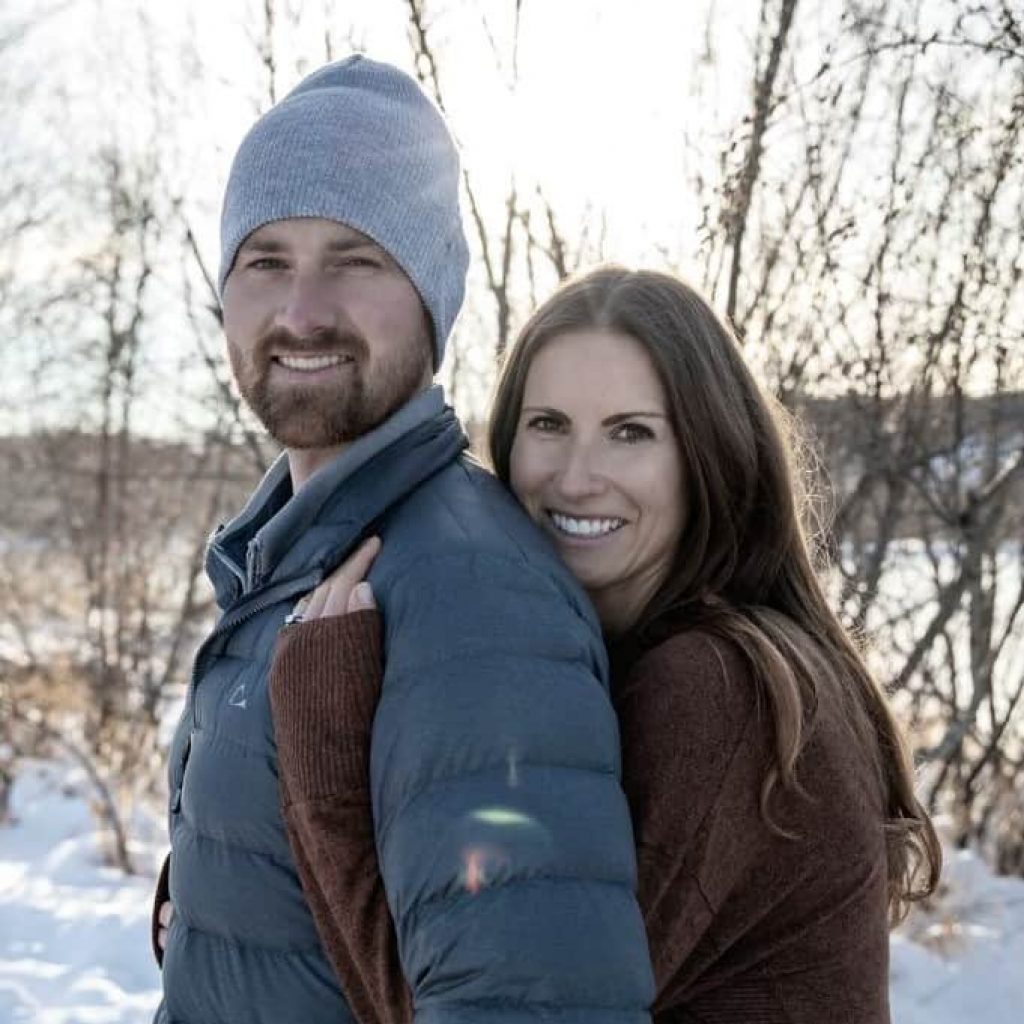Dental Services in Airdrie




Sedation Dentistry
We offer multiple options for sedation dentistry to Airdrie patients to help you feel relaxed and comfortable whatever procedure you may require: IV Sedation, Oral Sedation and Nitrous Sedation.
EVENING & WEEKEND APPOINTMENTS
We understand that you are busy and don’t always have time to visit a dentist for a routine checkup in the middle of your Monday. That’s why we offer extended hours from 7:00 AM to 8:30 PM Monday through Thursday.
We are also open all throughout the weekend. That’s right, we’re open every day of the week.
DIRECT BILLING TO INSURANCE PLANS
To support our clients, we offer direct billing, predeterminations of treatments, and financial arrangements to all our patients to ensure smooth and easy payment transactions.
PAYMENT PLANS & FINANCING AVAILABLE
We understand that dental services can be an unexpected expense. That’s why we offer flexible payment plans and options to suit our patients’ needs. Speak with one of our dental assistants to learn more.

FREE PARKING
At Sierra Dental, you will never struggle to find parking. Our clinics offer convenient parking options that are free of charge to our patients. It’s one more way we work to put a smile on your face.